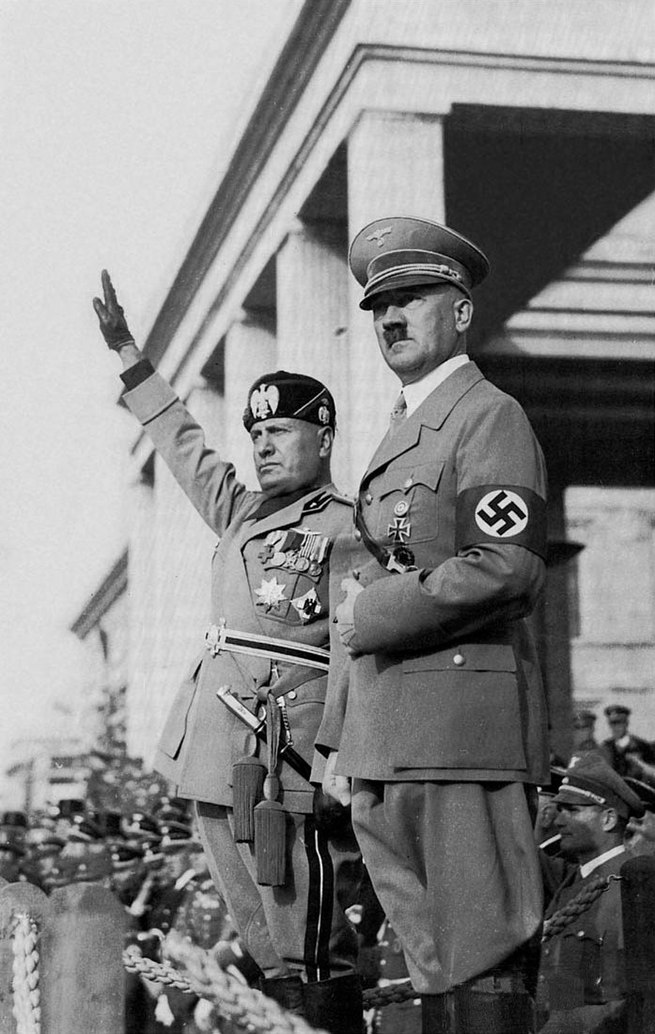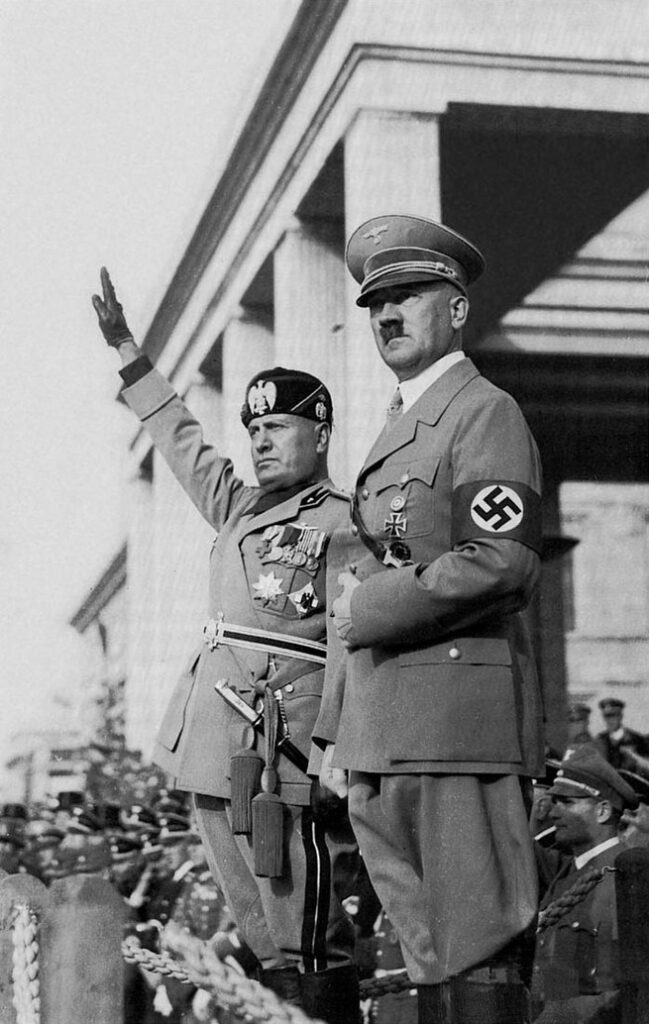
Main Difference
The main difference between Dictatorship and Communism is that the Dictatorship is a form of autocratic government led by a single individual and Communism is a socialist political movement and ideology
-
Dictatorship
A dictatorship is an authoritarian form of government, characterized by a single leader or group of leaders with either no party or a weak party, little mass mobilization, and limited political pluralism. According to other definitions, democracies are regimes in which “those who govern are selected through contested elections”; therefore dictatorships are “not democracies”. With the advent of the 19th and 20th centuries, dictatorships and constitutional democracies emerged as the world’s two major forms of government, gradually eliminating monarchies, one of the traditional widespread form of government of the time. Typically, in a dictatorial regime, the leader of the country is identified with the title of dictator. A common aspect that characterized dictators, is to take advantage of their strong personality, usually by suppressing freedom of thought and speech of the masses, in order to maintain political and social supremacy and stability. Dictatorship and totalitarian societies generally employ political propaganda to decrease the influence of proponents of alternative governing systems.
-
Communism
In political and social sciences, communism (from Latin communis, “common, universal”) is the philosophical, social, political, and economic ideology and movement whose ultimate goal is the establishment of the communist society, which is a socioeconomic order structured upon the common ownership of the means of production and the absence of social classes, money, and the state.Communism includes a variety of schools of thought, which broadly include Marxism and anarchism (anarcho-communism), as well as the political ideologies grouped around both. All of these share the analysis that the current order of society stems from its economic system, capitalism; that in this system there are two major social classes; that conflict between these two classes is the root of all problems in society; and that this situation will ultimately be resolved through a social revolution.
The two classes are the working class—who must work to survive and who make up the majority within society—and the capitalist class—a minority who derives profit from employing the working class through private ownership of the means of production.
The revolution will put the working class in power and in turn establish social ownership of the means of production, which according to this analysis is the primary element in the transformation of society towards communism.
Critics of communism can be roughly divided into those concerning themselves with the practical aspects of 20th century communist states and those concerning themselves with communist principles and theory.
-
Dictatorship (noun)
A type of government where absolute sovereignty is allotted to an individual or a small clique.
-
Dictatorship (noun)
A government which exercises autocratic rule.
-
Dictatorship (noun)
Any household, institution, or other organization that is run under such sovereignty or autocracy.
-
Communism (noun)
Any advocating holding the resources collectively.
“aspheterism|q1=dated, rare”
-
Communism (noun)
Any political social system that implements a communist political philosophy.
-
Communism (noun)
The international socialist society where classes, money, and the state no longer exist.

